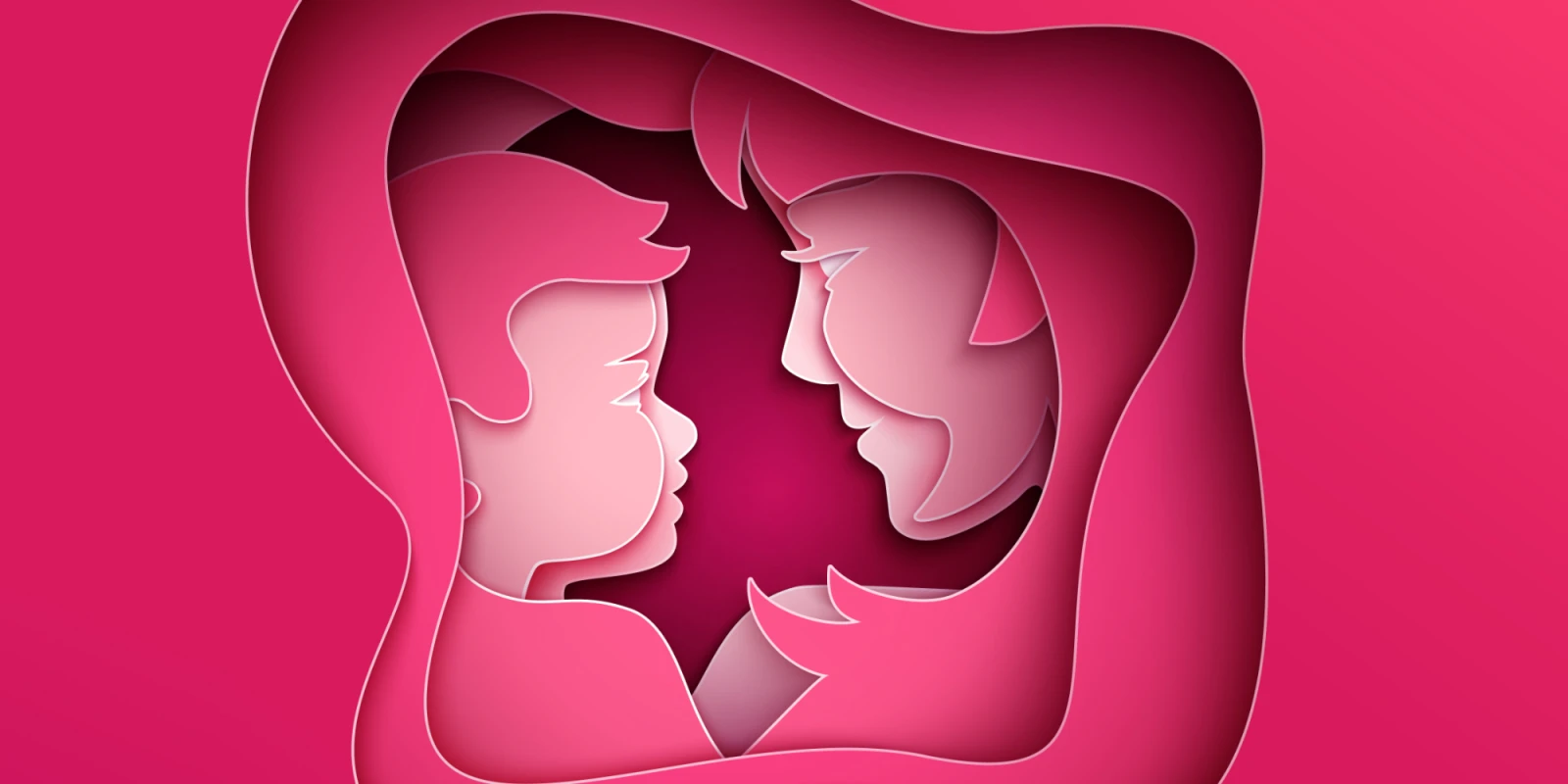
On this past Mother’s Day, I reflected on all the brave adopted and foster parents whose children I have cared for throughout the years. The children have endured various levels of adverse events including abuse, neglect, witnessing domestic violence and parental drug abuse, and experiencing parental separation prior to coming into their current home.
These adverse childhood experiences (ACEs) have been shown to change brain development and lead to many fears, anxieties, insecurities, memory and learning problems, difficulty sleeping, and poor social skills with peers and adults. Ultimately, they can lead to lower income earnings, lower educational achievement, substance abuse, mental health problems, infectious diseases, chronic diseases such as diabetes and heart disease, and earlier death.
Children may escape a bleak future when they have at least one caring and nurturing adult in their life. Adoptive parents, foster parents, as well as biological parents who have now turned their lives around and continue to care for their own children, have a long journey with many bumps, some as large as mountains. The children require persistent reassurance and routine, and parents need to stay calm and model appropriate behavior amidst temper tantrums, severe oppositional and even dangerous actions, and repeated deception. Even when their kids have been diagnosed with attention deficit disorder or anxiety, medications are often not enough because the root of the problem is deeper than a chemical imbalance, fixed in trauma-altered brain connections.
A daunting task, right? It’s a good thing that kids and parents tend to be very resilient. Furthermore, parents don’t bear the burden alone. If it takes a village to raise kids, then kids deserve strong village leaders who are dedicated to establishing a sustainable and resourceful village. According to the CDC’s Division of Violence Prevention, policies that support financial security for families, preschool education, family-friendly work environments, and reduction of corporal punishment also play a role in promoting further protective factors for children and supporting parents. ACEs happen in every community, across all socioeconomic and education levels and ethnicities, so kids need strong policies locally and nationally.
On Mother’s Day, I thought about how I could help other mothers, fathers, and caregivers. I pondered how I could do more as a mom and as a pediatrician caring for at-risk children. I do my best to teach my kids to be kind and to think about making the world a better place. I'm constantly studying, reading to find and practice various strategies to help the children in my practice. I spend time encouraging their parents and scour the community to offer them resources. With all the tools I have with my mommy and medical degrees, nothing can be done without a village with leaders who are committed to evidenced-based policies and sustainable programs to protect kids. I concluded the most effective action I could take that would benefit the greatest number of children came down to what I could do as a basic citizen: vote.
Joannie Yeh, MD is a 2018-2019 Doximity Author. She is a pediatrician and clinical assistant professor of pediatrics. She blogs at betamomma.com and can be found tweeting from @betamomma.
Image: shlyapanama / shutterstock







